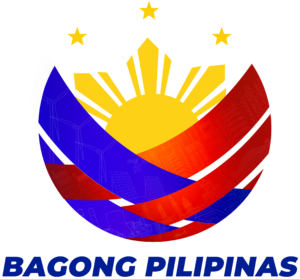On 26 May 2021, we will mark the 200th birth anniversary of Jose Felipe Del-Pan, a man who contributed to the genesis of Philippine studies. Although he was born a Spaniard, he deserves the recognition of Filipinos for his pioneering work.
To honor Del-Pan’s memory, the National Quincentennial Committee will launch a new edition of Nascent Philippine Studies in the Life and Labor of José Felipe Del-Pan, 1821-1891 by Dr. Lino Dizon, NHCP commissioner and head of the Tarlac State University (TSU) Center for Tarlaqueño Studies. It was first published in 2009.

Jose Felipe Del-Pan, from La Ilustracion Filipina, 7 December 1891
COURTESY OF DR. LINO DIZON
Who was Jose Felipe Del-Pan?
Jose Felipe Del-Pan was born on 26 May 1821 to Jacobo Pan and Maria Antonia Cotrina in A Coruña, Galicia, Spain. He entered the Royal Academy of Naval Engineers in the City of Ferrol to pursue a naval career but was forced to leave school when his father died.
Around 1853 and 1855, Del-Pan went to the Philippines, in which he stayed for almost four decades and produced numerous articles that provided a deeper understanding of Philippine society in the 19th century—a testament to his genuine affection and interest for the country.
Del-Pan worked as secretary to the office of the Governor-General of the Philippines where he was promoted from 1857 to 1865. He also served as secretary of the Board of Trustees which oversaw the maintenance of the Manila Botanical Garden, now known as the Mehan Garden beside the Liwasang Bonifacio in Manila.
Del-Pan had a long career in the field of journalism in the country, earning him the title “Decano de la Prensa de Filipinas” (Dean of the Philippine Press). He presented the socio-political and cultural development in the Philippines through his articles in Diario de Manila (1860-1877), Revista de Filipinas (1875-1877), and La Oceania Española (1877-1891) in which he took charge of the publications’ editorship. He made an effort to republish important works about the administration and economy of the country.
Influenced by a growing interest in Spain, Del-Pan encouraged the documentation of folklore in the Philippines. On 25 March 1884, he issued a call for articles on the life-ways, traditions, and folklore in the La Oceania Española. This eventually led to the publication of El Folk-lore Filipino by Isabelo de los Reyes, a writer for Del-Pan’s Oceania. Published in two volumes (1889 and 1890), it contained articles on Ilocano folklore by de los Reyes, death practices by Miguel Zaragoza, Bulaqueño folklore by Mariano Ponce, Pampango folklore by Pedro Serrano Laktaw, and Tayabeño folklore by Pio Mondragon.
Del-Pan died on 23 November 1891. Many prolific writers such as Wenceslao Retana paid tribute to his various contributions to the study of the Philippines. His love for the Philippines lived on with his son, Rafael del Pan. He served as an ambassador of the Philippines to the United States during the First Republic, and co-founder of the Nacionalista Party which campaigned for Philippine independence under the American colonial dispensation.

